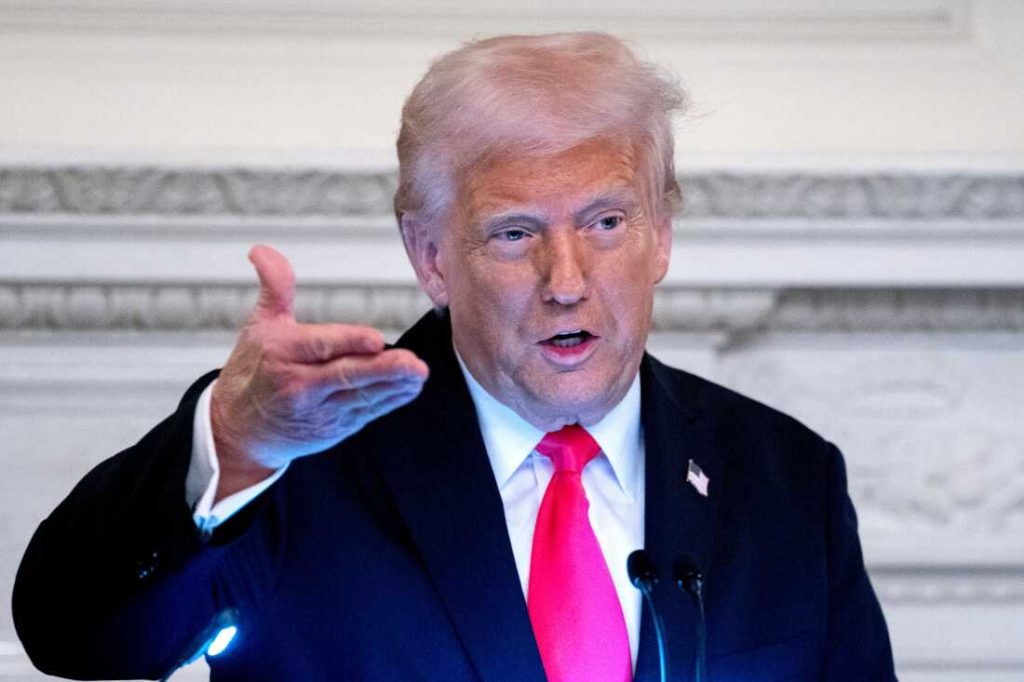The leading U.S. technology firms, collectively known as the “Magnificent Seven,” have encountered a substantial decrease in their market valuations, shedding approximately $2 trillion. This downturn aligns with escalating trade tensions initiated by President Donald Trump, particularly involving China.
The “Magnificent Seven” Constituents
This esteemed group comprises :
-
Apple
-
Tesla
-
Microsoft
-
Alphabet (Google)
-
Amazon
-
Meta
-
Nvidia
Magnitude of the Market Decline
The recent downturn extends the tech sector’s ongoing slump, with these market leaders collectively losing $6 trillion since their peaks in late 2024. Tesla led the losses with a 7% drop to $223 per share. Apple, Alphabet, and Microsoft also approached one-year lows, with Apple declining by 4.8%. Other members of the group experienced declines ranging between 1.5% and 4.8%. Collectively, these companies have accounted for a significant portion of the over $5 trillion reduction in the S&P 500 index’s value over the past two trading sessions.
Analyst Perspectives
Dan Ives of Wedbush Securities highlighted that Apple faces substantial exposure to U.S. tariffs on Chinese goods, given that most iPhones are assembled in China. He also noted that the trade war could exacerbate Tesla’s existing challenges, especially as the company deals with a growing brand crisis linked to CEO Elon Musk’s political affiliations.
Presidential Stance on Tariffs
Despite outreach from trading partners seeking to avoid additional levies, President Donald Trump remains steadfast in his plan to implement extensive tariffs on numerous countries. During a meeting with Israeli Prime Minister Benjamin Netanyahu in the Oval Office, Trump emphasized the importance of tariffs to his economic agenda, stating they are “very important” and will generally remain in place. He did, however, indicate openness to negotiations for “fair deals and good deals with every country.”
Trump also threatened to impose an additional 50% duty on U.S. imports from China if it did not retract the 34% tariffs it had recently imposed on U.S. products. These Chinese tariffs were in response to the 34% “reciprocal” duties announced by the U.S. Trump warned that all talks with China concerning their requested meetings would be terminated if the tariffs were not withdrawn.
International Responses
In retaliation, the European Commission has proposed counter-tariffs of 25% on a range of U.S. goods, including soybeans, nuts, and sausages, though other potential items like bourbon whiskey were omitted from the list.
Conclusion
The escalating trade tensions have led to significant volatility in the stock market, particularly affecting major technology firms. Investors are closely monitoring developments as the situation evolves, given the substantial economic implications of the ongoing trade disputes.











